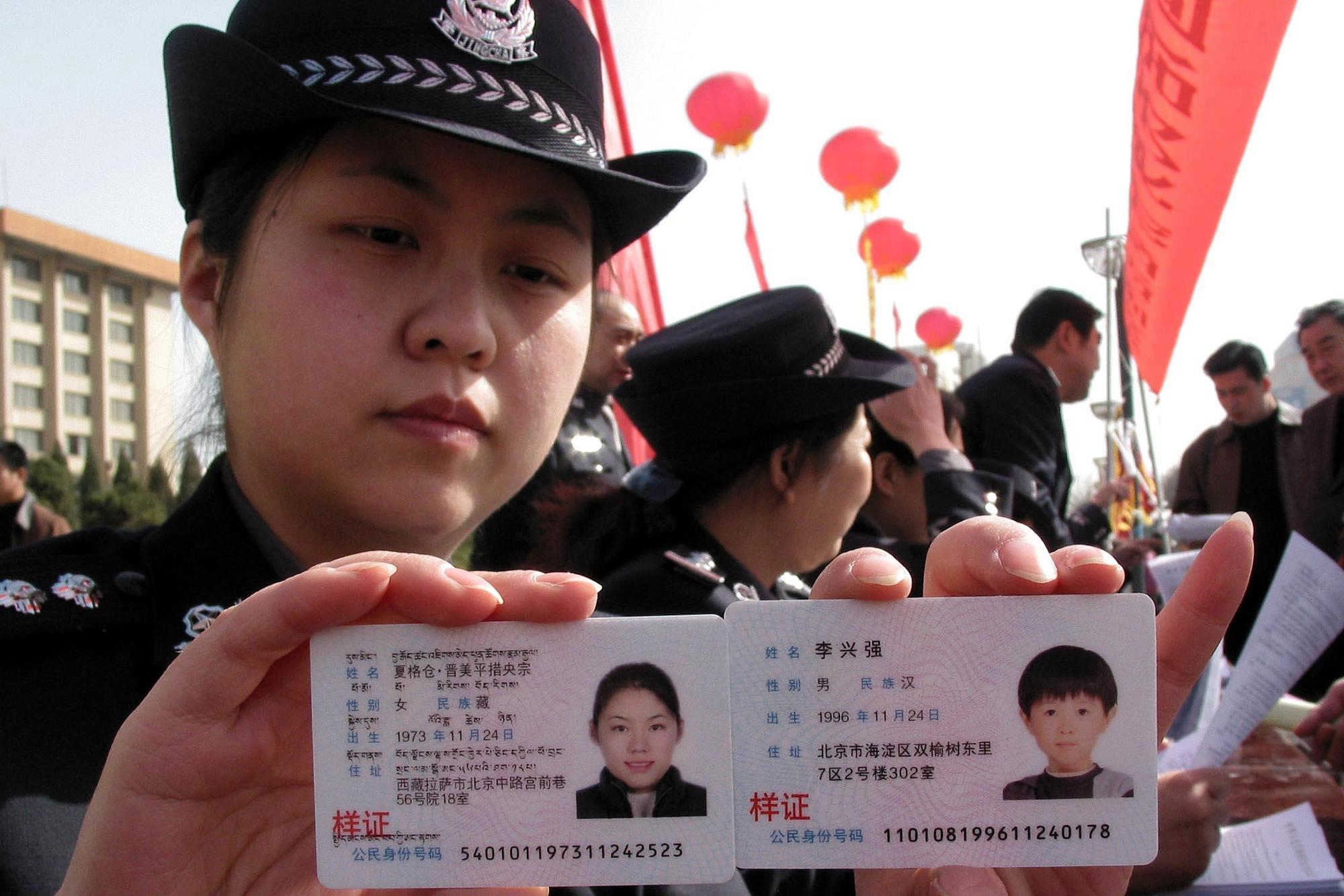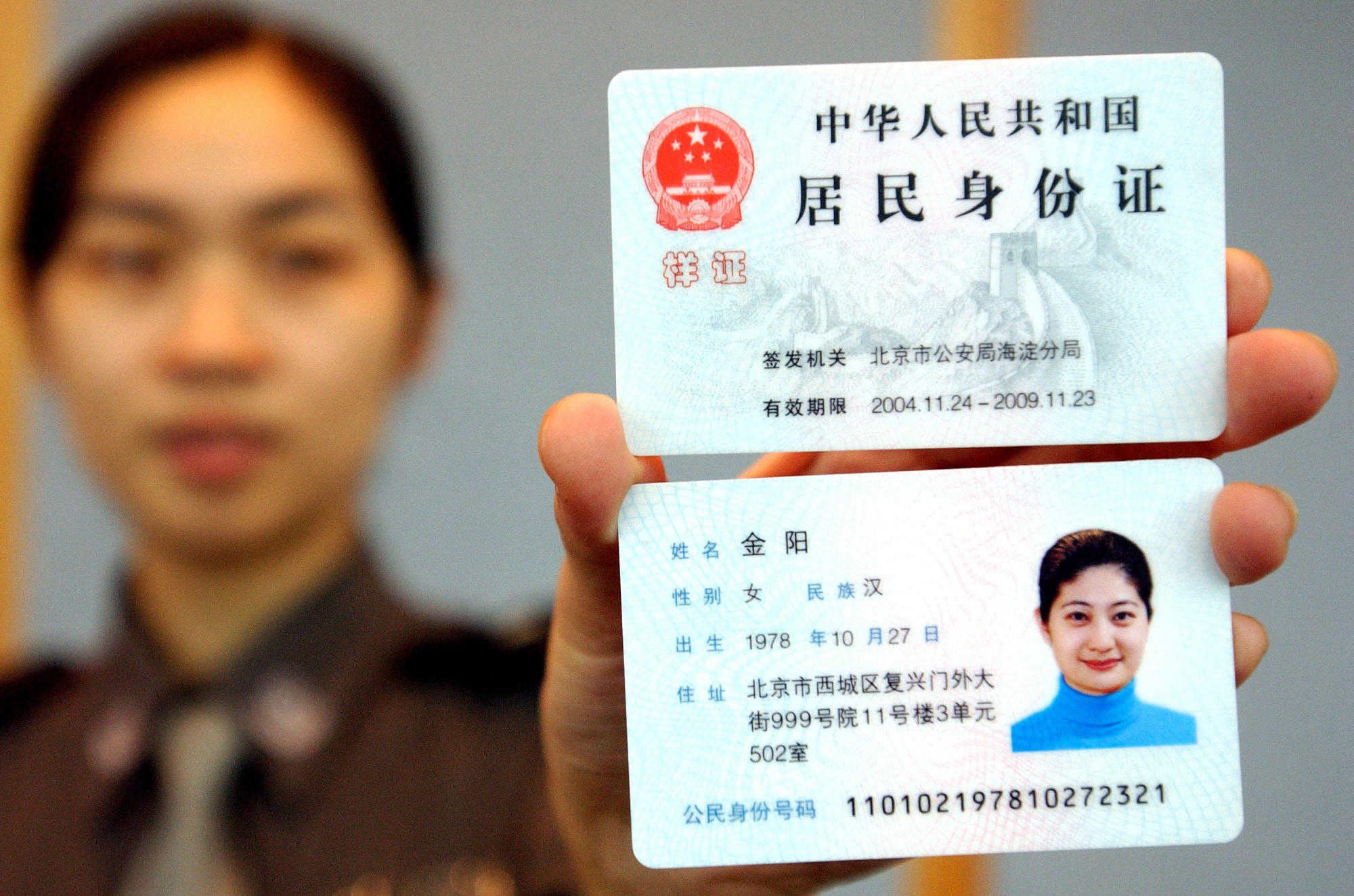The number of people with duplicate ID numbers in China has been cut from 1.71 million in 2014 to just eight, China’s Ministry of Public Security said on Thursday.
The reduction is part of a nationwide campaign which began three years ago to deal with incorrect, fake or duplicate ID information.
The ID number, issued by the ministry, identifies Chinese citizens within the country. People use their ID cards for everything from travel and banking to marriage registration.

VCG Photo
A Mr. Wu in Nanjing is one of the millions who found that his ID card number had been used by someone else, in his case in Suzhou – a city thousands of kilometers away from where he lives. He made the discovery when he went to local police to renew his old ID card, according to Modern Express newspaper.
The police explained that China first issued ID cards in 1986 when computers were not widespread and people had to note down the numbers on paper. This gave rise to various mistakes in terms of registering people’s ID card numbers.
Besides duplicated ID card numbers, there are also wrong numbers and even wrong photos, the police added.
Police finally issued Wu a new ID card with a set of new numbers, after communication with the man in Suzhou.

VCG Photo
The ID card contains basic information regarding the individual, including name, gender, date of birth and identification number. On the reverse side, it lists the issuing authority and limits to the validity of the card.
Meanwhile, police have nullified nearly 3.1 million duplicate hukou records and corrected about 11 million items of wrong personal information in the past three years, according to the Ministry of Public Security.
Hukou is China's household registration and administration system, which is linked to citizens' ID cards and personal records. It ties access to basic social welfare and public services to one's place of residence. Hukou benefits differ based on the region, creating a demand for counterfeits.









